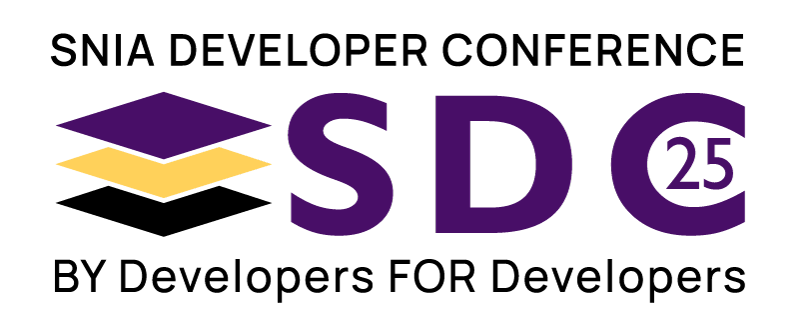
Implementing HDFS ACLs in OneFS

Salon IV
Thu Sep 15 | 11:05am
Abstract
The HDFS protocol supports POSIX.1e style ACLs. Supporting such ACLs in a multiprotocol environment means a translation method should be defined to translate between the NFSv3 mode bits, NFSv4 ACLs, Windows Style ACLs and the POSIX.1e ACLs. POSIX.1e ACLs differ in their structure and evaluation algorithm as compared to other ACLs that are currently supported in OneFS. The talk will detail the approach we took and also some of the surprising challenges related to multithreading.
Learning Objectives
- Learn how POSIX.1e ACLs work
- Learn how POSIX.1e ACLs interact with other security models
- Learn how multithreading can be a surprising problem when dealing with HDFS
- Learn the challenges of implementing chmod is such environments



